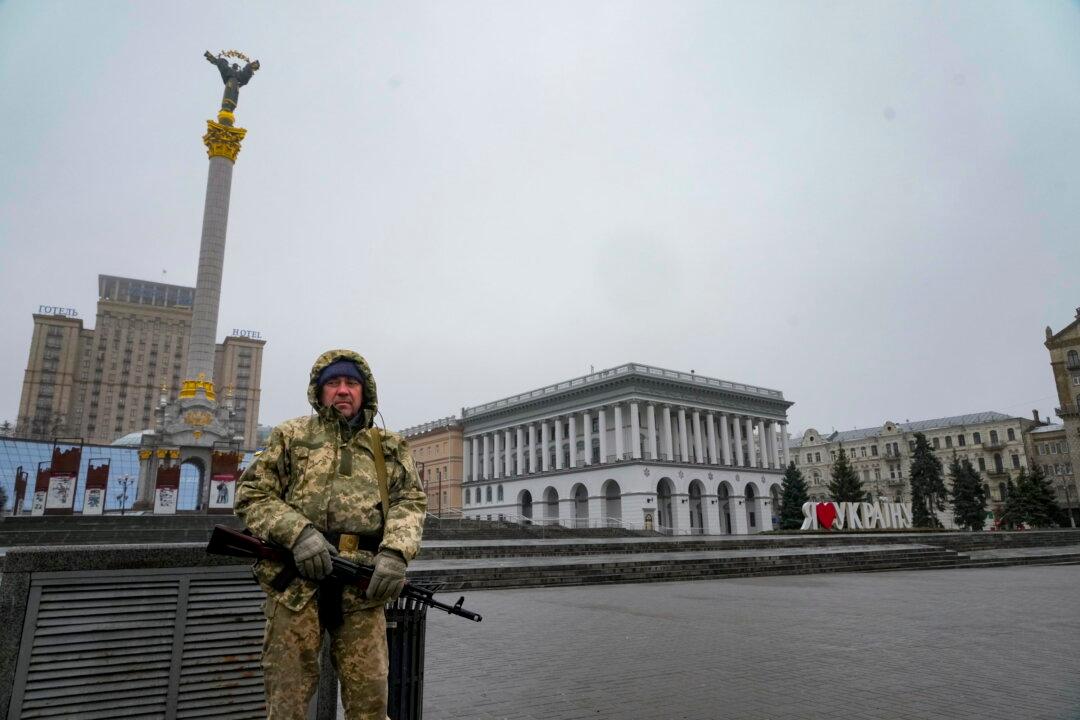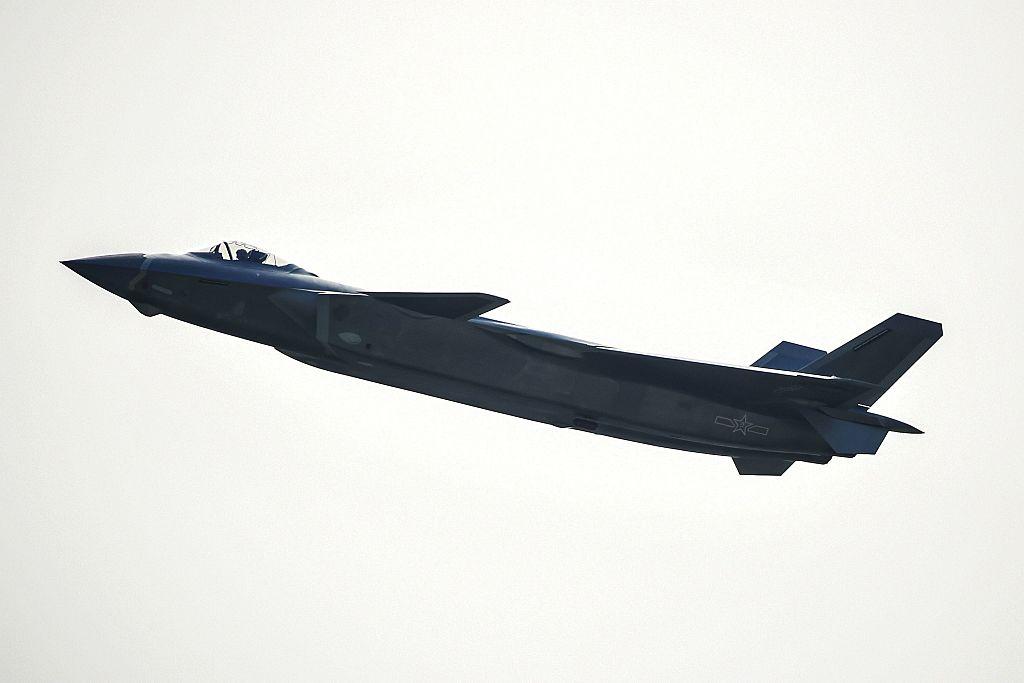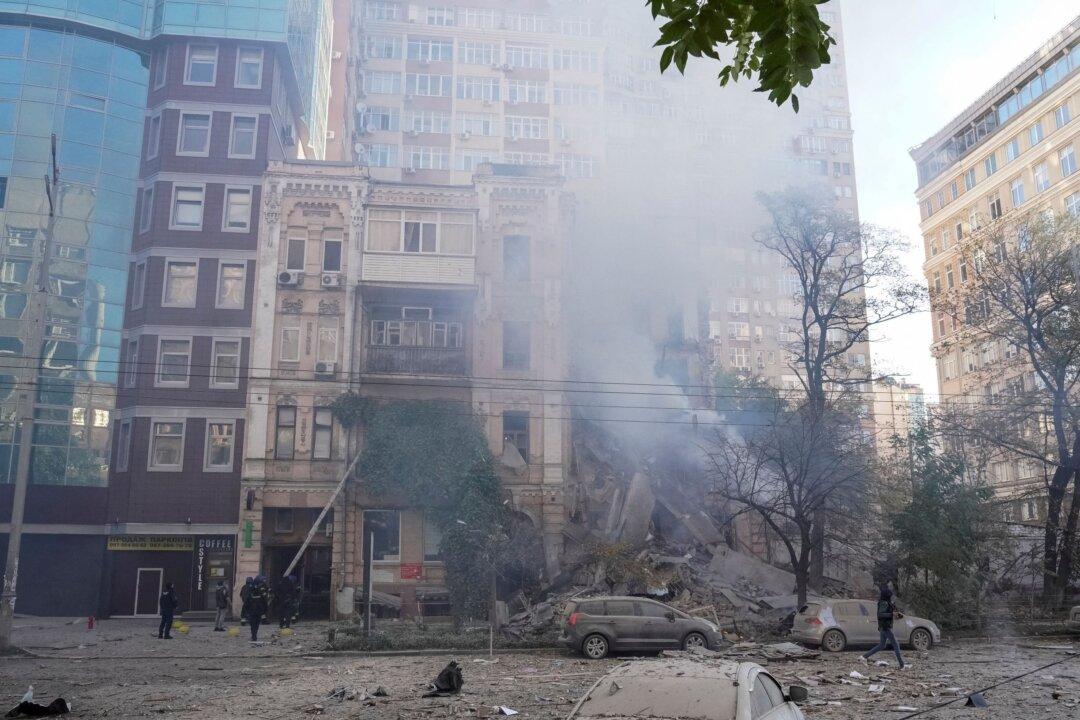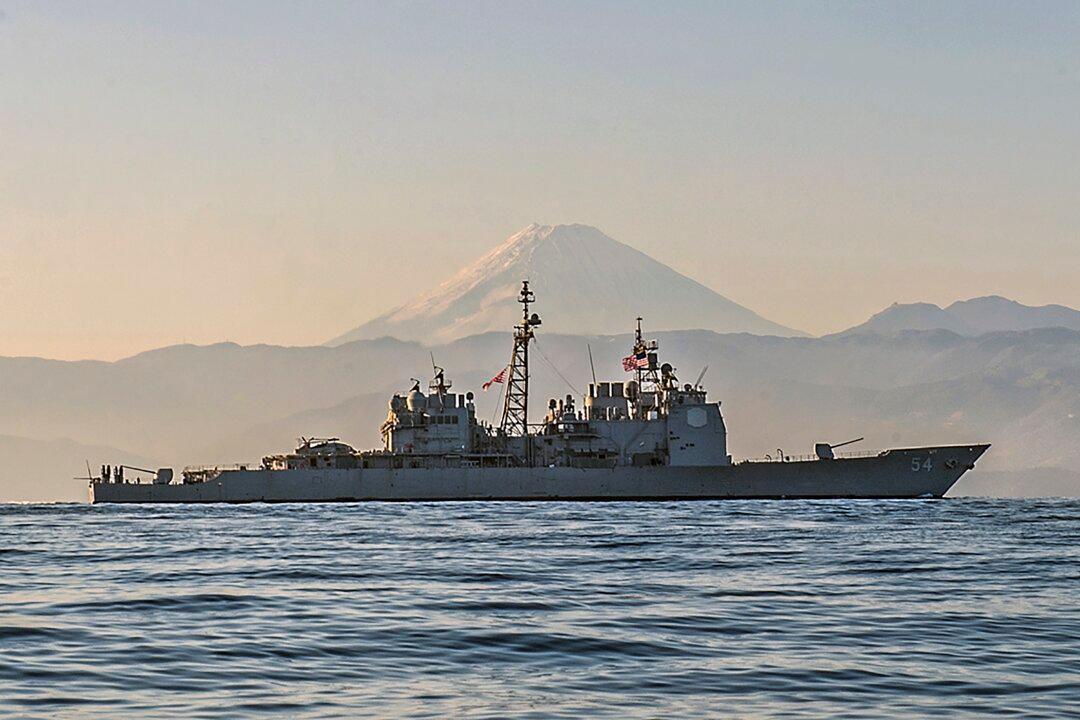Commentary
Ukraine and Russia are slugging it out, with heavy losses on both sides. The Russian strategy, such as can be determined, seems to be to surround Ukraine’s main cities and squeeze the Ukrainian government as hard as they can. The Russians also threaten to lop off parts of Ukraine, such as the area around Chernobyl and Kharkiv, both in the northeast of the country. But Odessa also appears to be surrounded in the south, which would be fatal for Ukraine if the Russians took it.





